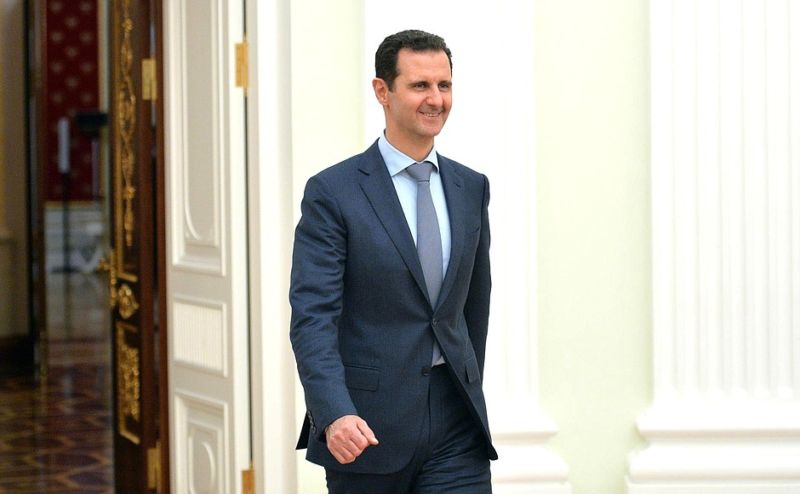Damascus: Syrian President Bashar al-Assad told his troops on Wednesday they were close to winning the country’s seven-year civil war after inflicting a succession of defeats on rebels.
Early last year, government forces held just 17 percent of national territory but a series of blistering offensives has since forced the rebels out of many of their strongholds, putting Assad’s government in control of nearly two-thirds of the country.
“Our date with victory is near,” Assad wrote in an open letter to the rank and file.
“They (the rebels) were ultimately forced to leave — humiliated, rolled back, their tails between their legs — after you gave them a taste of bitter defeat.”
Much of the territory was recaptured without any ground fighting as the rebels reluctantly agreed to leave their bombed-out enclaves in Russian-protected convoys.
The army has been bolstered in its offensives by Russian air strikes, Iranian military advisers and militiamen from Lebanon, Iran, Iraq and Afghanistan.
Government troops are now mopping up the remaining pockets of rebel and jihadist territory in the south, where the uprising against Assad first broke out in 2011.
Last week, Assad promised a similar offensive against the rebels’ sole remaining major stronghold — Idlib province in the northwest.
But his ally Moscow has ruled out any large-scale assault on the province in the near future.
Idlib is the last of four “de-escalation” zones agreed by world powers in 2017 where the rebels still have a major presence.
Rebels and civilians bussed out of the other three zones when they fell to the government were all taken to Idlib, increasing its population to around 2.5 million people.
A military operation in the province would cause mass displacement towards the border with Turkey, and even Russia has warned against an assault.
“There’s currently no question and can be no question of an operation — of a major assault — on Idlib,” Russia’s Syria envoy Alexander Lavrentiev said on Tuesday.
Agence France-Presse

